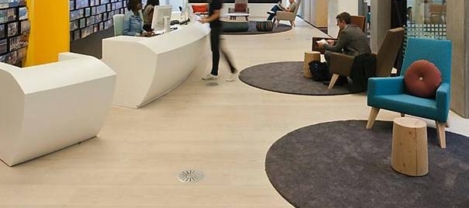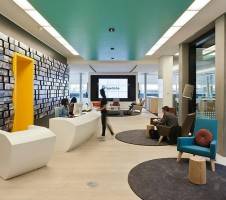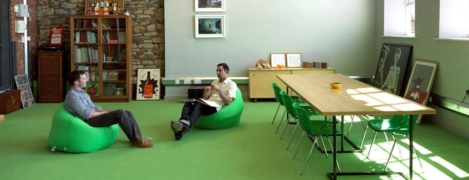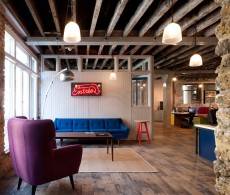February 29, 2016
Report sets out challenges for rapidly changing Australian workplace 0
 When it comes to innovation in workplace design and management, there are few countries in the world quite so forward thinking as Australia right now. Even so, Australia’s workers, firms and legislators remain under-prepared for the rapidly changing world of work, according to a new report from the Commonwealth Scientific and Industrial Research Organisation (CSIRO), a Government funded research agency. Many of the trends outlined in the report will be familiar to readers of Insight. Over the next twenty years, it claims that around half (44 percent) of all jobs will be subject to computerisation and automation. Over the same period, it suggests that the majority of people will become active in the gig economy, many of them based in shared coworking spaces. The report also suggests that while Generation Z will be faced with the highest degree of change, an ageing population presents its own challenges.
When it comes to innovation in workplace design and management, there are few countries in the world quite so forward thinking as Australia right now. Even so, Australia’s workers, firms and legislators remain under-prepared for the rapidly changing world of work, according to a new report from the Commonwealth Scientific and Industrial Research Organisation (CSIRO), a Government funded research agency. Many of the trends outlined in the report will be familiar to readers of Insight. Over the next twenty years, it claims that around half (44 percent) of all jobs will be subject to computerisation and automation. Over the same period, it suggests that the majority of people will become active in the gig economy, many of them based in shared coworking spaces. The report also suggests that while Generation Z will be faced with the highest degree of change, an ageing population presents its own challenges.







































March 8, 2016
Classrooms are starting to mimic the form and function of the office 0
by Tricia McCall • Comment, Technology, Workplace design
Technology is not the only factor impacting the way education is being approached in the classrooms of today. While it’s true that many classrooms have begun to adapt to the inclusion of technology in the curriculum, there are also several “offline” options which have clearly trickled down from business design. Globally known companies such as Google and Apple have long been getting attention for the offbeat office culture they are cultivating. This trend has been fanning out into the other companies and industries as well. In-house chefs, rock climbing walls, and unconventional meeting spaces are a few of the unusual features popping up in offices all over the globe. Employers are striving to entice potential job candidates and retain their existing employees through unique and engaging environments. It may well be that the bells have already tolled for the conventional cubicle culture of the past.
More →